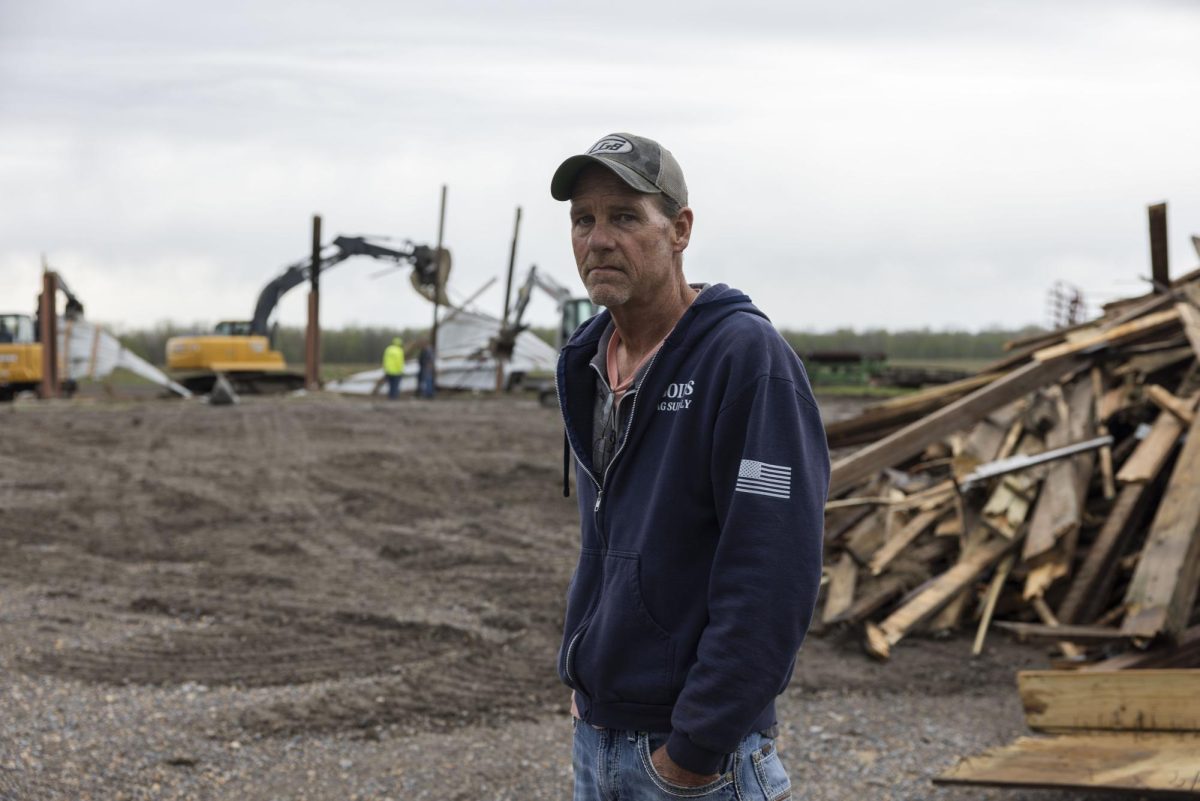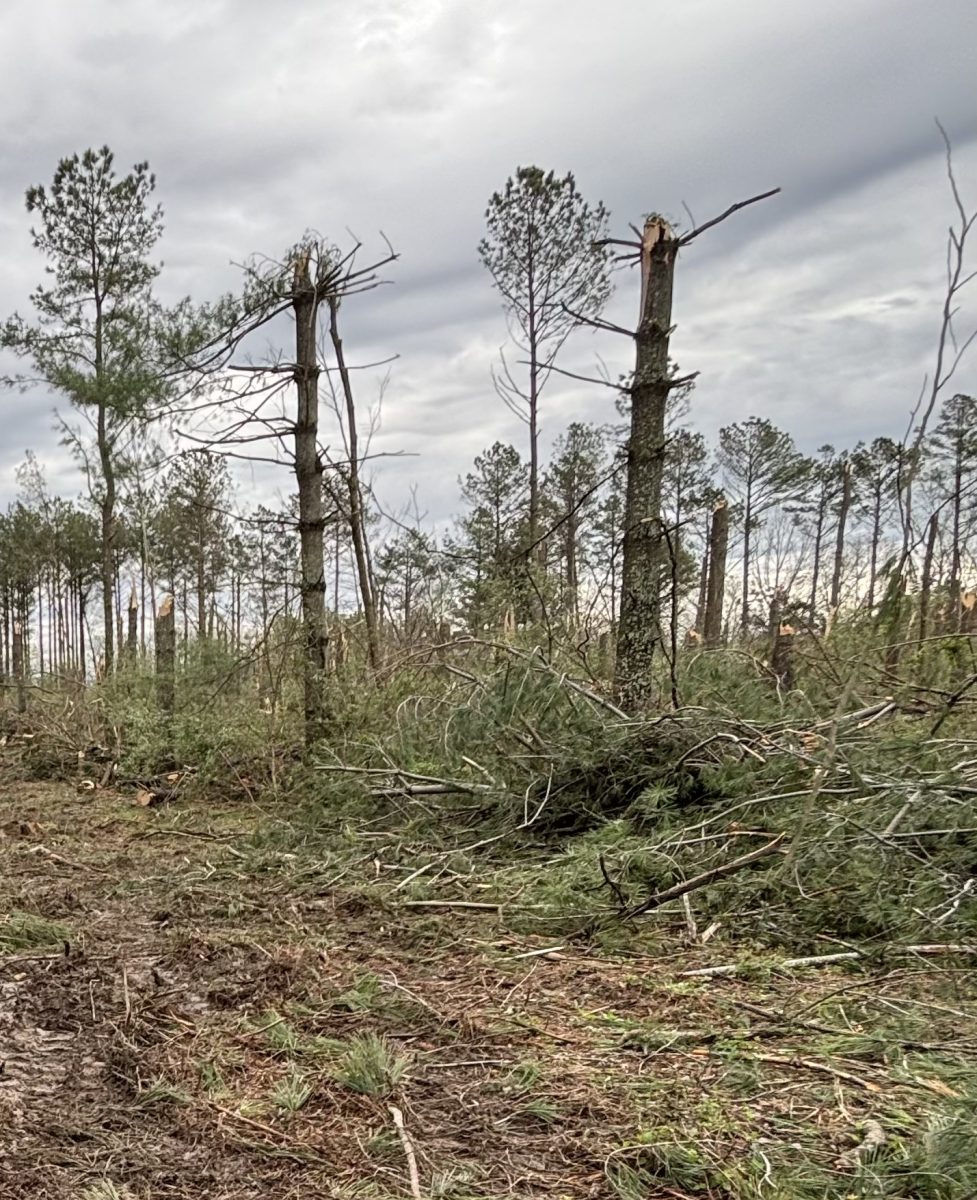Music industry hits SIUC
February 6, 1996
The modern recording technology found in American music centers like Nashville, Tenn., may now be mastered by students using the Radio and Television Department’s new digital audio equipment, a professor says.
Phylis Johnson, assistant professor in radio and television, said beginning in mid-spring, a new section of Radio and Television 489 will offer students experience in the latest recording technology:digital audio. She said students will use a laboratory of professional-quality digital recording equipment acquired by the department over the past two years.
It’s like bringing Nashville to SIU we’re going to be connected to the music industry and all that involves, she said. The seeds for this have been around for several years, and at this point everything is coming together.
Advertisement
Tracy Powell, a graduate student in radio and television, said the class, a lab workshop with some classroom instruction, will give graduating students an advantage while job-hunting in the many fields involving audio production.
Graduates will have a genuine demo tape and experience using this equipment that is everywhere now, he said. Until this equipment was available, students were having to get jobs in radio to get any experience with digital audio.
Todd Freeman, manager of Noteworthy Studio in Carbondale, said knowledge of digital equipment allows graduates to walk into virtually any audio business, sit down and impress anyone with the skills learned on the department’s new equipment.
When you enter the (department’s new) lab, you are basically walking into a professional recording studio, he said. Students get several hours of lab work in the course it will definitely be a hands-on experience.
Digital audio production is more efficient and precise than reel-to-reel production, which involves splicing recording tape, Powell said. He said once a piece of audio is copied onto disk, it can be reproduced endlessly without losing sound quality. He said samples of the audio can be mixed visually by cutting and pasting graphic reproductions of sound on a computer screen.
It’s non-destructive editing, he said. You always have a copy of the original.
Familiarity with digital audio production is applicable to fields as far-reaching as theater, dance, film and the Internet, not just radio and television, Johnson said.
Advertisement*
Producing for radio has evolved into producing for audio and audio is everywhere, she said. As awareness of the importance of audio grows, a lot of different fields are coming together. It’s a very exciting time.
Powell said the audio workshop section of 451 will take students to Nashville to visit recording studios and professionals in the industry. Students also will learn to record live music, both classical and contemporary, and mix the recordings back in the lab.
For more information about RT 489, contact Phylis Johnson at 536-7555.
Advertisement








